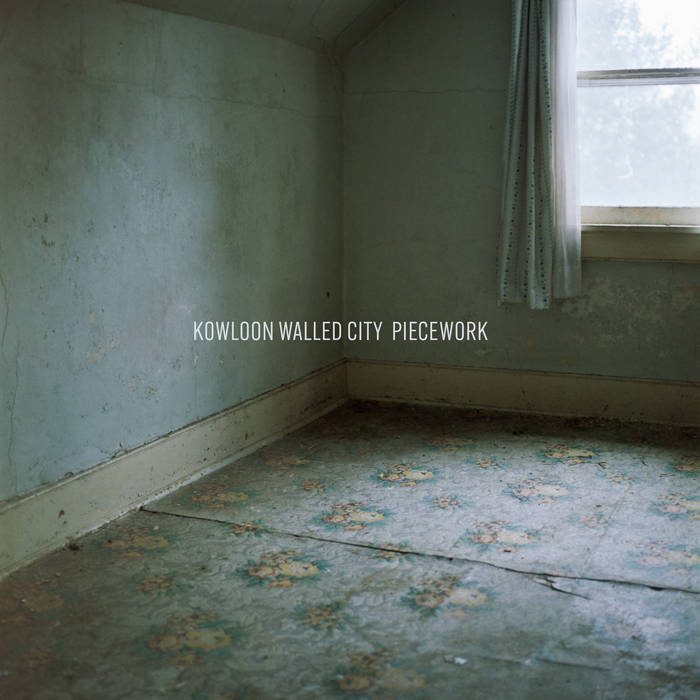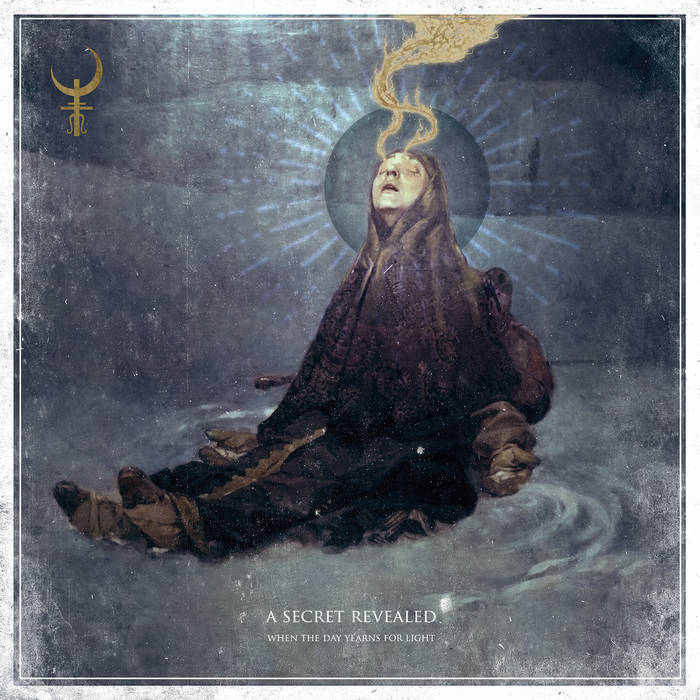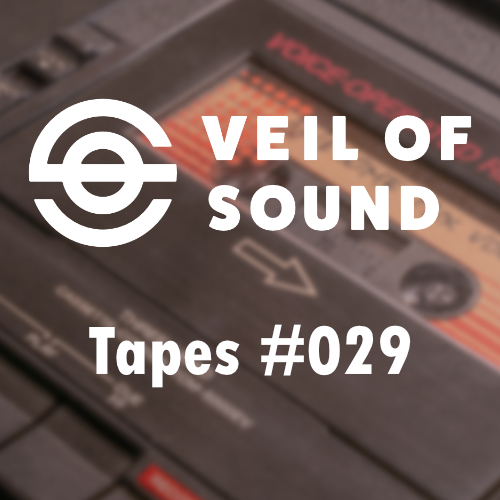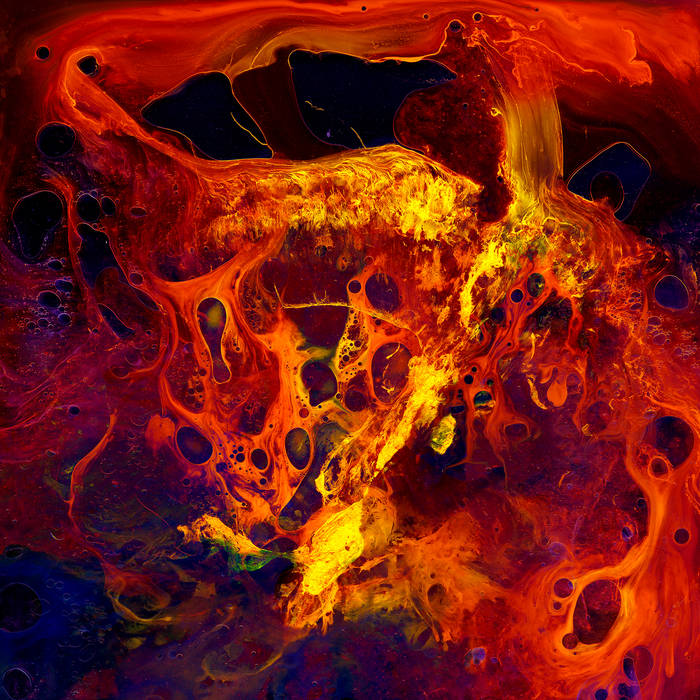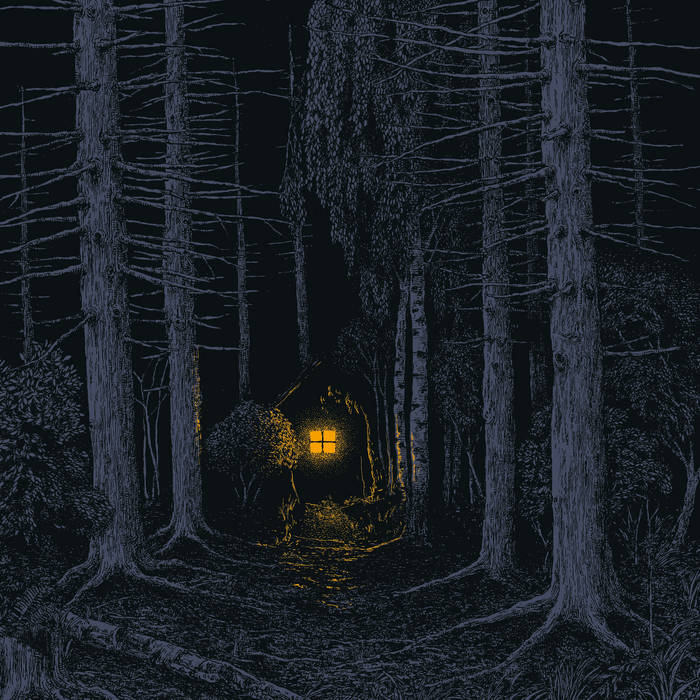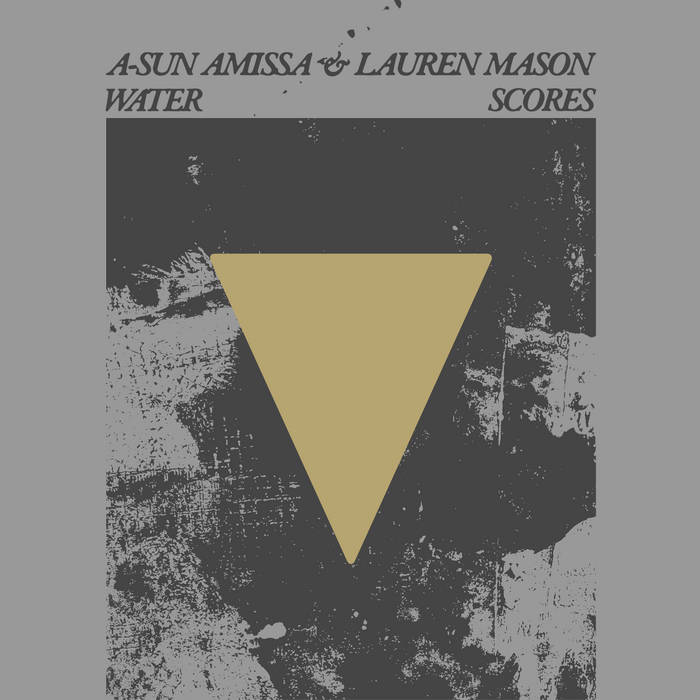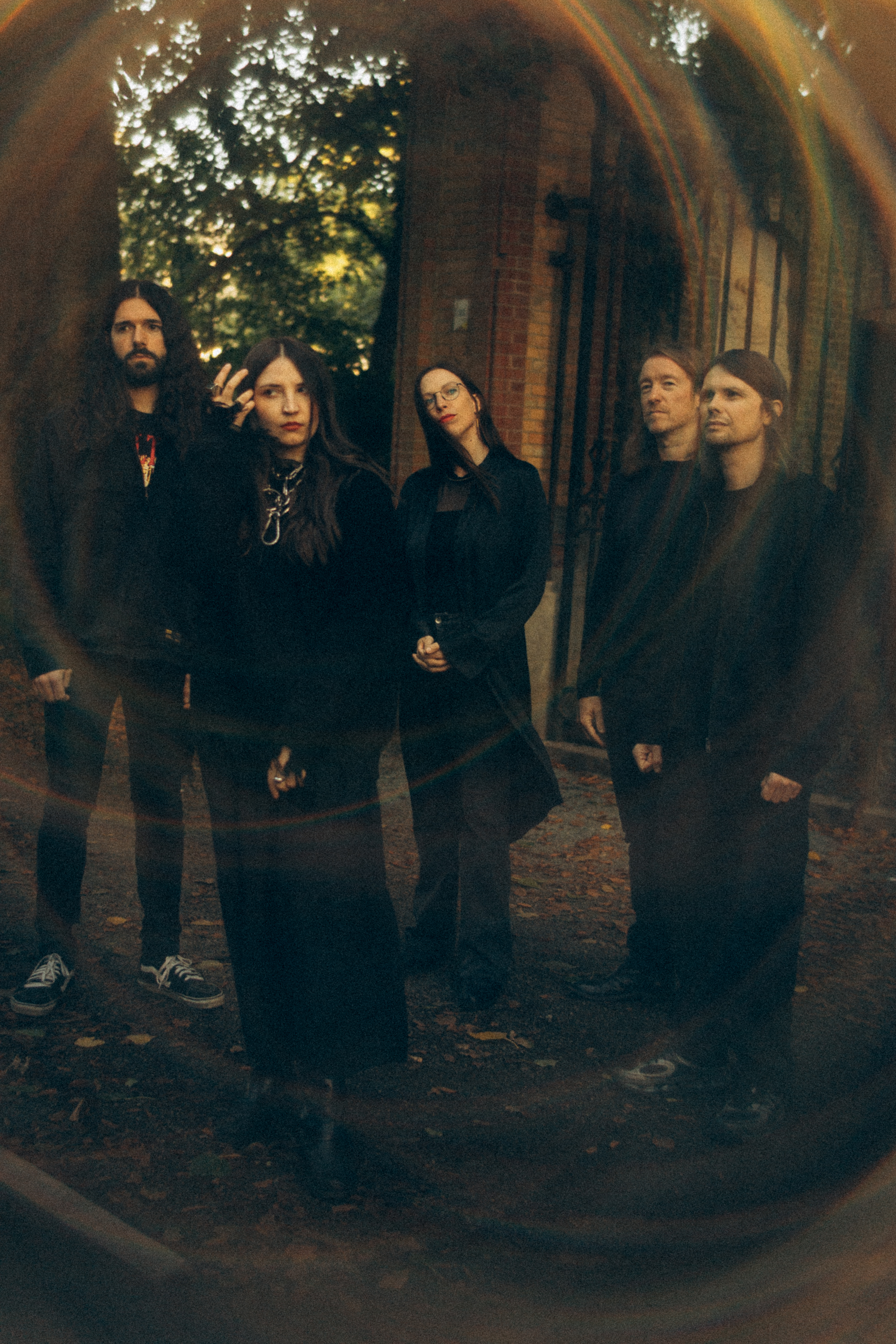Kowloon Walled City play Folk music. Okay, not really. But that certain grit, that crispy sound of a low-tuned guitar with steel strings whose reverberations are much broader than just the riff itself – you can find that on the new record by the Oakland-based quartet. Piecework shows the band come back after a longer hiatus with as much strength as before.
When listening to the new record, the line to the old classics by Kowloon Walled City becomes clear like Grievances or Container Ships becomes even more obvious than the similarity of the covers or the tonality of the rhythm section. On Discogs, the California outfit is described as a Noise-Rock band and in a certain way that is completely correct because there are the parallels in the rough sound, the angular riffs and the feisty basslines. Even the vocals by Scott Evans – more shouted than sung – remind the audience of certain Noise-Rock “singers” like Chris Spencer (Unsane, Human Impact), rooted somewhat more in a certain Punk ethos and style.
On the other hand, there is that certain “sludginess” in songs like ”You Had A Plan” which also plays with the typical “loud vs quiet” dynamic the genre is known for. However, here it is less the stark contrast between both extremes but more the flow between these poles which in the end makes the record more interesting than many other Post-Metal records. The fact, that the sound of the record is so earthy, so brown (if one wanted to come up with that synesthetical connection) is a result of Ian Miller’s bass that oftentimes pulls the songs down if they want to shoot too much towards the sky. Not to see that as a mistake – the grounded-ness, the bond to “earth” is a good one because many bands just simply try to exaggerate the loud-vs-quiet too much by throwing in too many crescendos. The San Francisco-band gave up on trying to load too much onto their songs and created a lot of “open spaces” when the strings can meander and reverb a bit more than usual. And these open spaces is a further element often given in Folk’s acoustic songs with the guitar picking that is also creating these miniature holes in the tracks which the reverb and our own hearing fill automatically.
Kowloon Walled City have always tried to tell stories through their songs (yet another element that connects them to Folk), the fact that they do so in shorter songs than usual plus the reduction of the songs is maybe somehow a result of Evans’ work as a producer for Thrice on their last record. The Orange Country quartet is surely one of the influential bands to the extent that they are also able to come up with short yet highly efficient songs and song-structures. Furthermore, Evans and guitarist Jon Howell also wanted to write shorter more straightforward songs and they surely have done brilliantly: the seven tracks clock in at roughly 32 minutes. The stories on the album are dealing with loss (one family member lost his father a short while ago) and that also correlates wonderfully to the cover image: A room, that has been emptied recently of everything, of furniture, pictures, little tidbits connecting it to the people who inhabited that room. Now these people are absent and there is no sign of them anymore. The two pre-released tracks (the title track and ”Oxygen Tent”) seem to show the same sofa in yet another room and now, with the release of the full record there is nothing left of these signs of human life. Even the light has changed between the two singles and the albums. The two singles display some brightness with the sun shining into the room, but the album shows a room without bright light, even though we can even see the window, yet there is no light – and also no life.
So, yes, Kowloon Walled City tell folk songs, but not Folk music. They create empty spaces in their songs that the listener has to fill, has to “piece them together”. Thinking about the record and its songs helps us with filling the void one feels is at the center of the whole record. Tales of loss and despair, of sadness and longing, of lives gone by and yet still somehow lingering on amid the absence of life. Dark folk tales in sludgy Post-Metal.

